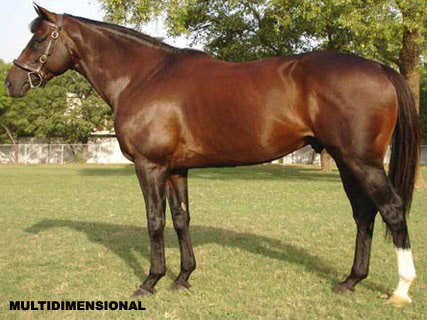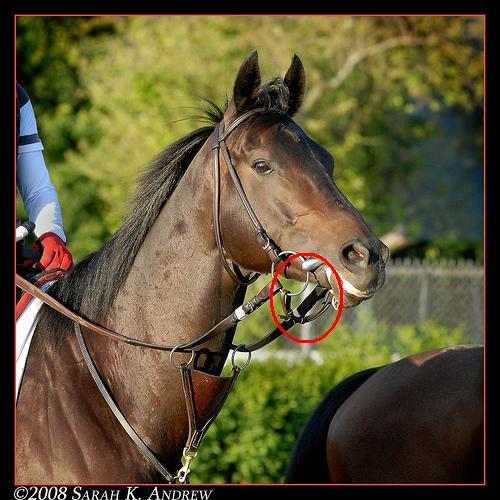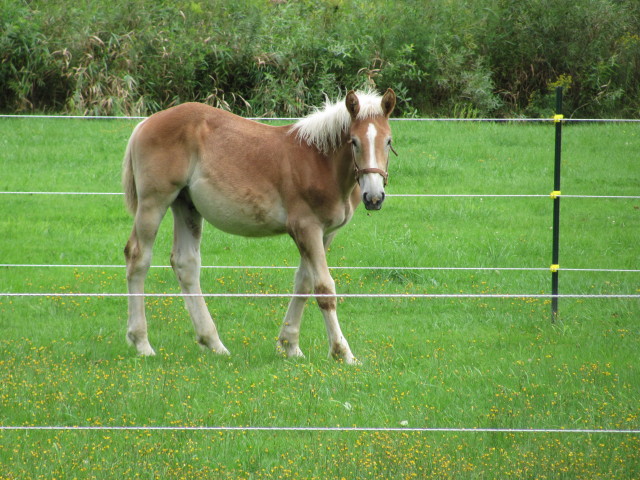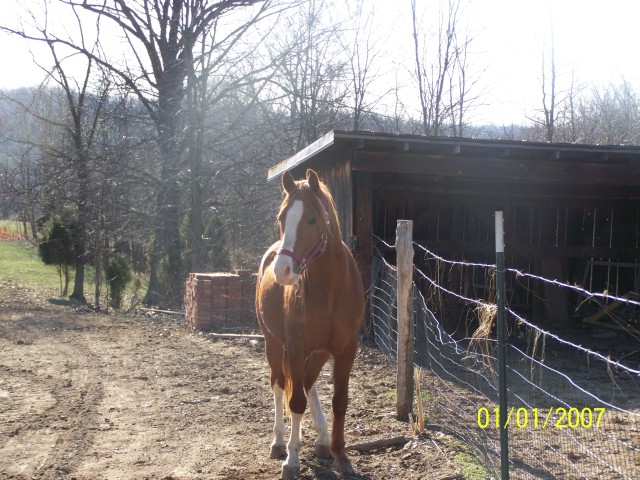QuestionMy trainer put my 3 yr old gelding (quarter horse) in a new pasture with other horses. Previously, he was with one other horse and they are close buddies and never ever bit or kicked each other, they even shared hay and feed politely with each other. When I went to get him out of the new pasture that he now shares with 4 horses. He was bit all over, kicked in his belly and very upset and unsettled when I caught him, which normally I don't have to catch him, he comes to me. When I got him in the barn to groom him and spend time with him, he was mad and rearing up, I finally got him settled down by petting and sweet talking to him. I then took him in the coral and spent time lunging and relating to him and he settled down. I came home disturbed though, because I felt like he is going back out to the pasture for more kicking and biting. My question is...do I let him get pecked until boundries are established or do I rescue him. I didn't mention that when he was unsettled, he accidently stepped on my foot and crushed it and it's bruised and I can hardly walk on it. His demeanor is usually calm and sweet.
What do I do? Is he mad at me because of the new pasture?
AnswerWell, what you have going on here is a classic case of a pecking order. All animals that live in groups have a "pecking order". Pecking order is the order of dominance. The pecking order starts with the most dominant animal that is the leader. The order continues down to the last animal who is the most submissive. The most submissive animal is dominated by all the others.
Dominance has very little to do with strength. Dominance is all about wisdom. The wisest or oldest horse will be dominant, even if she is not the strongest.
The herd leader (the old mare) dominates all others with her experience, wisdom and guidance. They respect her and feel dependent upon her. Her wisdom may mean the difference between survival and death. She has proven to them that they can trust her in her decisions. These decisions include when and where to run in emergencies and which way they should travel to find food and water.
Dont worry about this it usually takes no time at all for these guys to set the boundaries.
If you become concerned about the aggressive behavior injuring your horse, you should separate them. However, be sure that there are other horses to turn him out with that maybe less bullying. Horses are herd animals, which helps them feel more secure and content. When they find their place in the pecking order with other horses, it gives them the extra security should they be threatened by a predator or other frightening object or being. Remember that, in the wild, a horse that does not belong to a herd usually does not survive. The instinct to gather in herds and create a pecking order is one that stands strong in all horses, whether wild or domesticated.
The sweet-calm horses are the ones that ones that get picked on the most because they most of the time they are the followers and not leaders and a group needs a leader for the packs survival. With time your boy after learning and putting some years under his belt may turn out to be the leader one day and start handing out the bites and bruises that he is receiving now.
Again, give this about a week and you should see some calming down in the herd. Best of luck to you!

 conformation evaluation
Question
multi 2 multi 2
hello Brittney, c
conformation evaluation
Question
multi 2 multi 2
hello Brittney, c
 chin straps for horses
Question
chin strap
hello sir, what is the use of chin
chin straps for horses
Question
chin strap
hello sir, what is the use of chin
 our new weanling
QuestionOllie
QUESTION: Hi there,
I recently pur
our new weanling
QuestionOllie
QUESTION: Hi there,
I recently pur
 K K snaffle
Question
K K snaffle
hello, what are K K snaffles? is i
K K snaffle
Question
K K snaffle
hello, what are K K snaffles? is i
 really bad Arabian
Question
Rocket the Bad Arab
Hi, My name is Robin and I
really bad Arabian
Question
Rocket the Bad Arab
Hi, My name is Robin and I